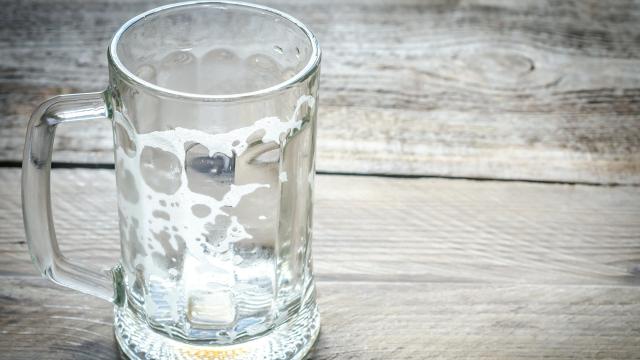In case you need it, here’s another reason to go all-in on Dry January: Scientists with the World Health Organization found that reducing or eliminating alcohol consumption can lower your risk of oral and related cancers. The findings are the latest to indicate that even modest drinking isn’t harmless.
Scientists at the WHO’s International Agency for Research on Cancer produced a special report, published in the New England Journal of Medicine, in which they reviewed data from dozens of earlier studies. They were looking for a possible connection between cutting back on drinking and a later reduction in developing various types of cancer.
Overall, the team found a clear link between less drinking and a reduced risk of oral and esophageal cancer. They also found some limited evidence that less drinking could reduce the risk of breast, larynx, and colorectal cancer, and inadequate evidence that it could reduce the risk of liver and throat cancer. Lastly, they found that acetaldehyde, a toxin produced when our bodies break down alcohol, is a key contributor to alcohol-related cancers, and that less drinking reduces our exposure to it.
Plenty of research has shown that alcohol helps cause cancer. According to the WHO, for instance, more than 740,000 cancer cases were estimated to be caused by alcohol use in 2020. But the authors say it’s valuable to understand the possible benefits of reduced alcohol consumption, especially since not all carcinogens are the same in how they increase our risk.
“It’s important because there are some exposures where you may not see a lot of benefits after you reduce or eliminate the exposure. Some viral infections, like hep b or c, are like this. That’s why the hepatitis vaccine is recommended early in life,” study author Farhad Islami, an epidemiologist at the American Cancer Society, told STAT News. “We also want to see this kind of evidence before recommending guidelines for people, and these kinds of studies help us to create risk predictions in the future.”
Cutting back on any amount of alcohol is likely to help you down the road, though the scientists say that more research is needed to quantify the benefits to reducing cancers outside of the mouth and esophagus. But for those who want the most protection from cancer, it’s probably best to abstain altogether. Many studies have found even light to moderate drinking can raise the risk of cancer and other health problems, and the WHO has previously stated that there is no truly safe level of alcohol consumption.
